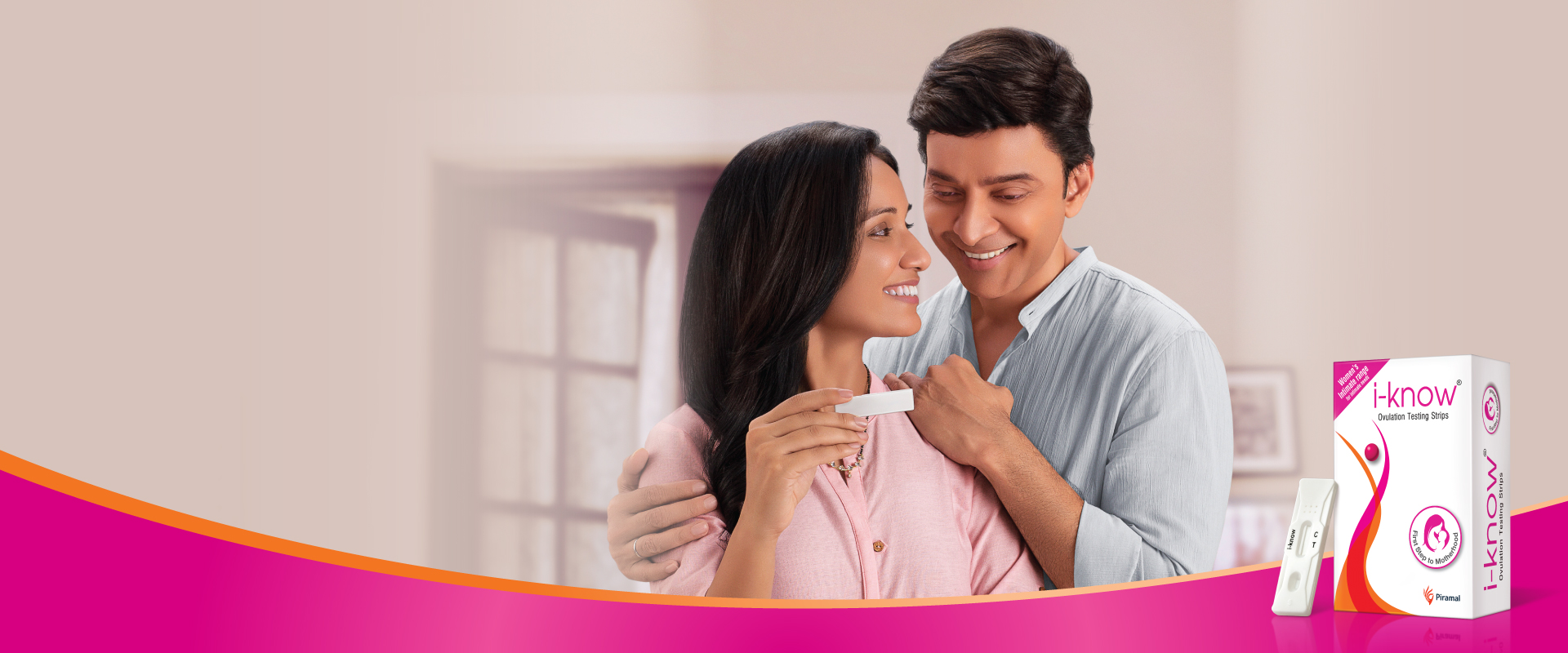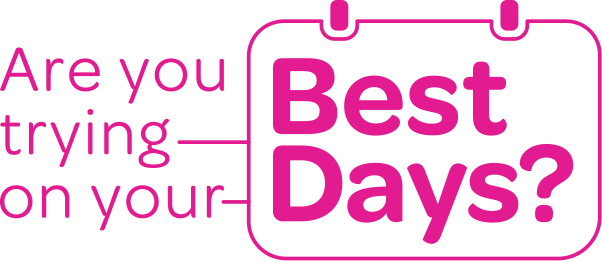Start your exciting and beautiful journey of parenthood with the support of i-know
ovulation testing strip.
Experience the joy of finding out your most fertile days to get pregnant with
i-know. #KnowYourBestDays and plan your pregnancy journey with
i-know ovulation test kits

What is Ovulation?
When you and your partner decide to have a baby, you naturally start reading a lot about planning your pregnancy. In this journey, you must have come across the term ‘ovulation’, used in the context of menstrual cycles, several times. It is arguably the most important aspect of female fertility and conception.
“But wait… you said ‘menstrual cycle’. Does that not mean menstruation? How does ovulation become a part of this? What is the difference?”
Don’t worry! We have answers to all of your questions. Let’s start with a basic understanding of ovulation.
Ovulation is the part of your cycle that occurs when an egg is released from your ovary. The egg then moves down your fallopian tube where it can be fertilised by sperm.
-
Then what exactly is the difference between menstruation and ovulation?
Since these stages are a part of your cycle, it can be confusing to differentiate between them.
We now know that ovulation occurs when an egg is released from your ovaries. But that egg is not always fertilized. It gets flushed out of your body during menstruation. Better known as periods, menstruation occurs after you ovulate.
-
Why is ovulation important in the process of pregnancy?
Ovulation is an integral part of pregnancy planning because only after ovulation, the egg can meet the sperm and fertilise, which ultimately results in pregnancy. Trying to conceive during this ‘fertile window’ increases your chances of pregnancy. With varying cycles it is difficult to find out the time of ovulation and therefore a number of methods help us with the same such as urine test kits such as i-know Ovulation Kit, basal body temperature chart, and follicular testing etc. which we will discuss in greater detail in our upcoming blogs.


